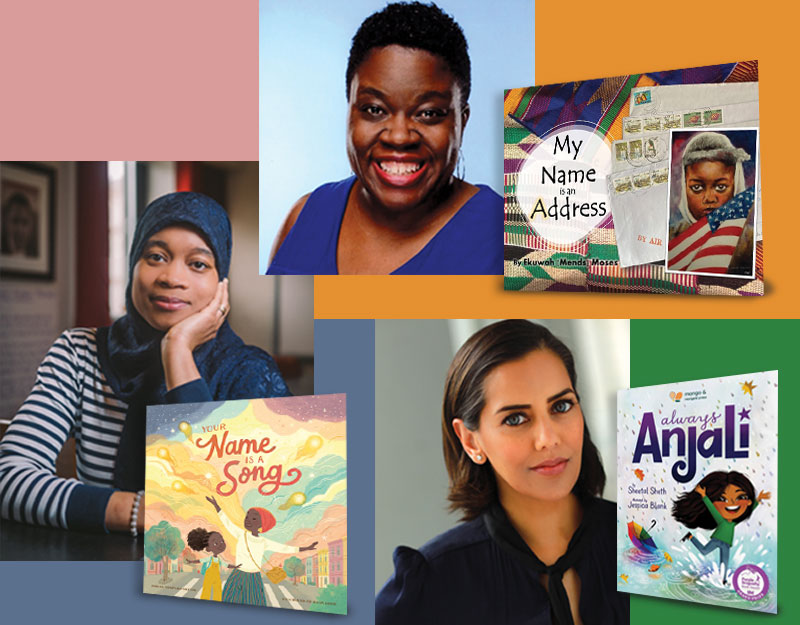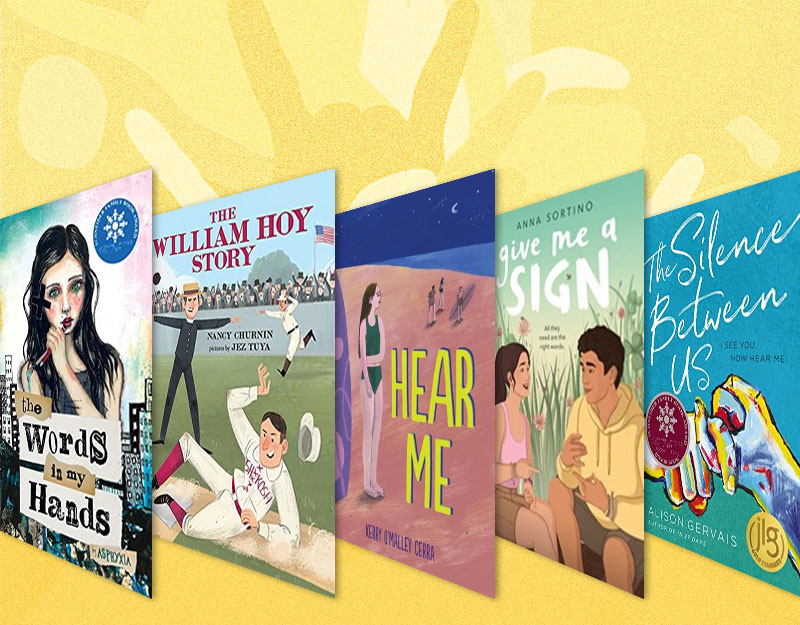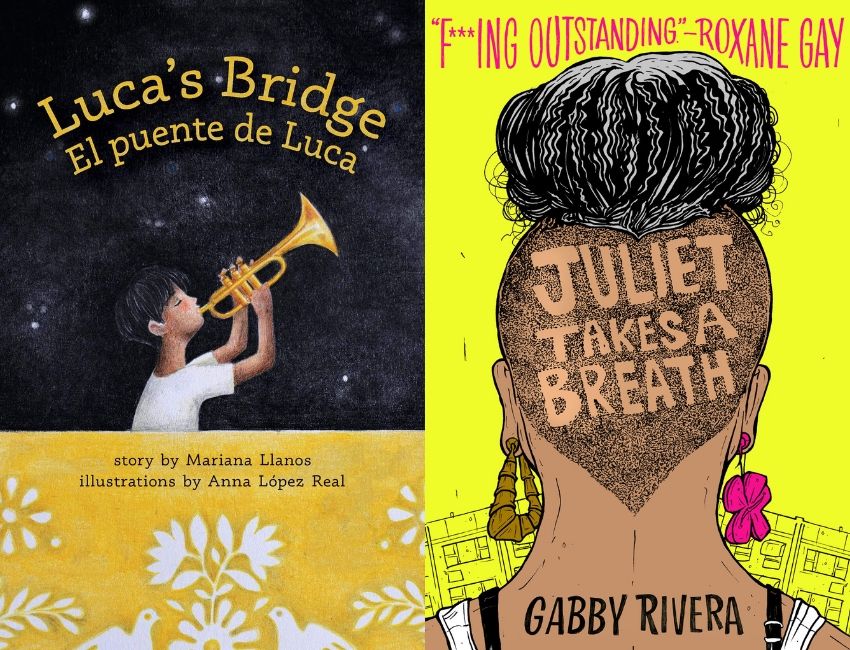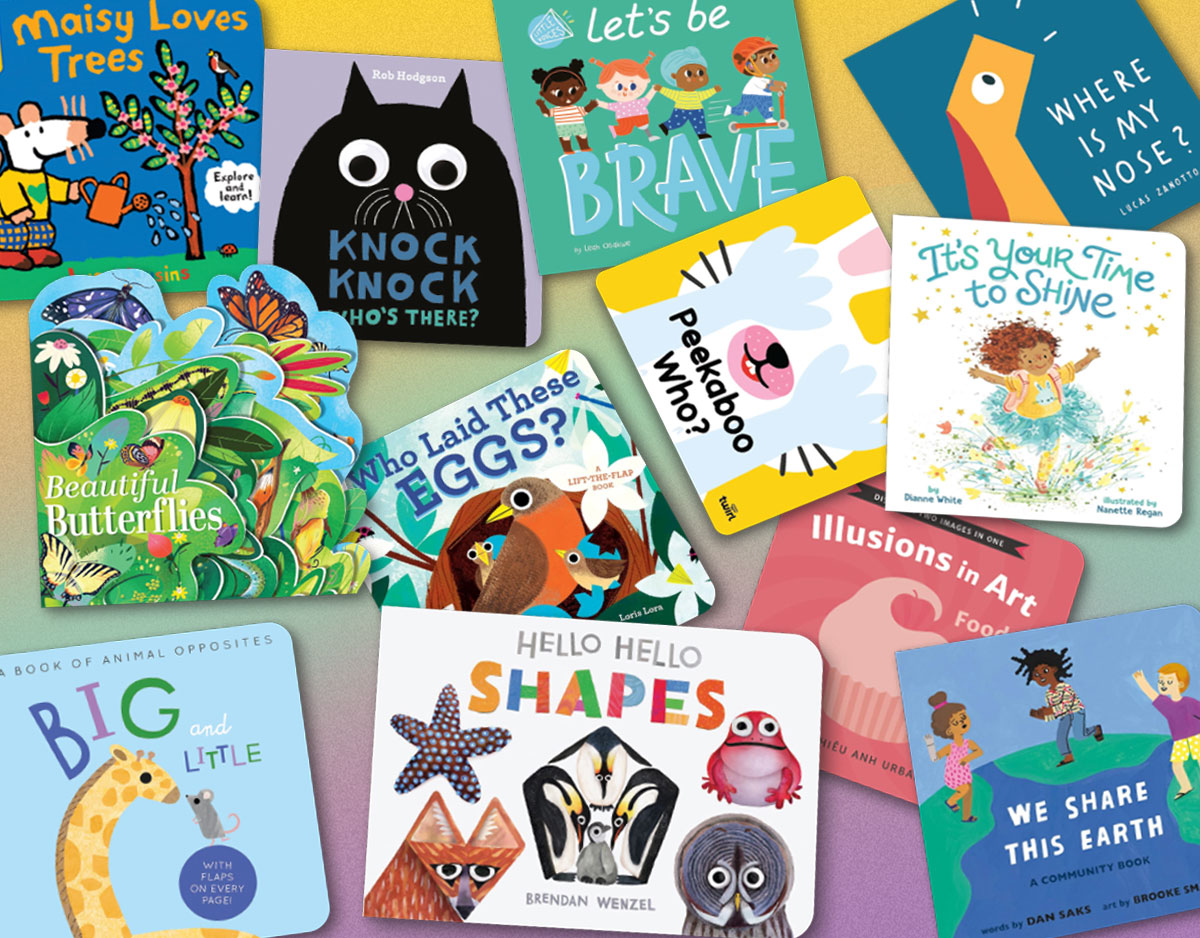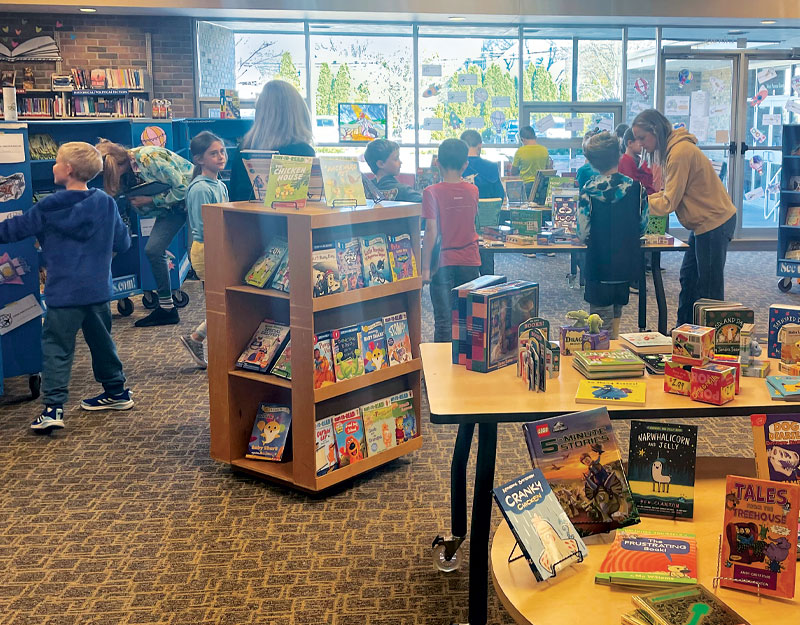Why We Need Abuse and Sexual Violence/Abuse in LGBTQIA YA, a guest post by Sarah Benwell
by Sarah Benwell (@SWritesBooks)
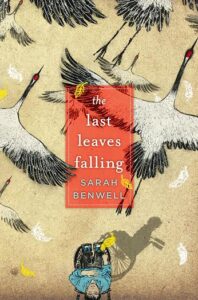 A lot of people really dislike abuse/ sexual violence in YA, and moreso in LGBTQIA narratives. But I want to argue for its place.
A lot of people really dislike abuse/ sexual violence in YA, and moreso in LGBTQIA narratives. But I want to argue for its place.
I have complex feelings about it. I think it needs to be done right. But I do think it needs to be done.
I get it. I do. For some – with personal experience or not – these stories are triggering. I get that. Truly. And choosing not to read a book is absolutely fine.
For some, the issue is that – particularly where less-represented parts of the spectrum are concerned – the abuse, the unhappy endings, make up most of the narratives upon our shelves. I’ve heard a lot of these complaints lately. And I get that, too. Really.
ADVERTISEMENT
ADVERTISEMENT
We, as queer individuals, deserve so much better, so much more, and showing nothing but permeations of that single story is potentially extremely harmful. We need to show positive relationships, acceptance, happy endings. We need stories where our gender and sexuality is not the forefront, because honestly, we’re more than that, and we can be the heroes too.
But I have issues with the idea that we should pull back from narratives which deal – with sensitivity, preferably – with abuse, precisely because we deserve more than that.
Throughout the recent, seemingly endless series of Pride events, I’ve talked to a lot of people about LGBTQIA rights, and narratives and why we need to fight for both. And I’ve met a lot of surprise at the idea that, actually, we still do need to.
“But you have gay marriage now!” They say.
“But, I’ve seen TONS of gay YA. Enough already!”
“It’s not the same as it was back then. You’re accepted. You’re equal. You’re safe.”
Um…
Yeah. No.
Some places are better than others. Some have legislation to protect our rights. Some have open support. Families and friends and lifelines in place to look out for us. Others are much less safe.
Take South Africa. Cape Town is widely regarded as the LGBT capital of Africa. A glorious safe haven where people can celebrate who they are. Except it isn’t all like that. My current WIP is a queer narrative set in Khayelitsha, a South African township. In an environment where there are 10 reported cases of corrective rape, in Cape Town alone, every week. 10 reported cases.
In an environment where – despite South Africa being the first country in the world to outlaw discrimination based on sexual orientation, and the 5th in the world to legalize same-sex marriage – police frequently dismiss cases of sexual violence as women making it up/ stirring trouble. Where victims face harassment from the very people whose job it is to protect them.
Where corrective rape is not as yet classified as a hate crime, and related murders are not investigated as such. Where mutilation and evidence of sexual abuse are too frequently marked on death certificates as ‘cause of death unknown’.
In an environment where attacks are frequent and brutal, and often doled out by people the victims know and trust: neighbours, pastors, teachers, parents, uncles, husbands (from forced marriages). Where if a woman walks down the street holding her girlfriend’s hand, she’s never sure whether she’ll make it to the end of the street.
Where women who are raped and become pregnant are often denied access to their children (by family members or church communities) in case their ‘affliction’ rubs off on the child. They’re shunned by communities unless they conform to heterosexual expectations.
ADVERTISEMENT
ADVERTISEMENT
It’s not just SA, obviously (And it’s not just cis women in f/f relationships, either.) We’ve all seen Russia’s anti-propoganda laws in the news, right? And Uganda’s death penalty campaigns.
In fact, there are 79 countries which still uphold anti-homosexuality laws, with punishments ranging from fines to corporal punishment, imprisonment to death.
And almost always, where these are in place, there are portions of the public who are behind them. Who believe we are lesser or dangerous or both.
And honestly, as much as we would like to think so, discrimination and abuse isn’t something that only happens across borders. We have a long, long way to go.
And when you’re growing up and you already feel different and misunderstood and scared, books can help. Yes, they might show us some of the worst possibilities – but they allow us to read through to the end and survive. To learn how, to learn that it’s possible.
They show us that we’re not alone. That others have walked the same paths. And if – gods forbid – you do find yourself in similar awful situations, the last thing you want is to feel that you’re the only one, that it’s you.
And they let others into our scared, confused, different heads to see that we’re not so different after all. Empathy is a pretty powerful tool, and it’s well documented that the way we experience books helps to foster that.
It’s a whole lot easier to ignore the bad things and let them slide if you’re not aware that they’re still a thing. If the rainbow-joy of Pride and legislative wins is all you see. It’s a whole lot easier to disbelieve the other stuff if you do not see it happen.
It’s a whole lot easier to carry out/ justify abuse when you think of people as less-than, or a threat to be conquered.
It’s a lot easier to give up, to not stand up for yourself, not take the next breath, when you’re standing alone.
And I for one don’t wish to leave that to chance.
Yes, I want more, varied storylines. Yes, I want any and all abuse in stories to be treated with the utmost care. But no, I don’t want it to stop. Because if one reader changes the way they think about an LGBTQIA classmate, or one reader who’s lost and scared and hurting finds comfort, sameness or understanding… then it’s absolutely worth it.
Meet Sarah Benwell
 Sarah Benwell is a queer, genderqueer author. She lives in the picturesque city of Bath. Which is nice, but she’d much rather be off exploring deserts and jungles elsewhere. Having seen a good chunk of the world, Sarah is a keen advocate for diversity in life and on bookshelves, and she loves nothing more than acquainting herself with both. Her debut novel THE LAST LEAVES FALLING is published by Penguin Random House (UK)/ Simon & Schuster (US). Find her on Twitter at @SWritesBooks
Sarah Benwell is a queer, genderqueer author. She lives in the picturesque city of Bath. Which is nice, but she’d much rather be off exploring deserts and jungles elsewhere. Having seen a good chunk of the world, Sarah is a keen advocate for diversity in life and on bookshelves, and she loves nothing more than acquainting herself with both. Her debut novel THE LAST LEAVES FALLING is published by Penguin Random House (UK)/ Simon & Schuster (US). Find her on Twitter at @SWritesBooksFiled under: #SVYALit, #SVYALit Project
About Amanda MacGregor
Amanda MacGregor works in an elementary library, loves dogs, and can be found on Twitter @CiteSomething.
ADVERTISEMENT
ADVERTISEMENT
SLJ Blog Network
The Moral Dilemma of THE MONSTER AT THE END OF THIS BOOK
Cover Reveal and Q&A: The One and Only Googoosh with Azadeh Westergaard
Winnie-The-Pooh | Review
Parsing Religion in Public Schools
ADVERTISEMENT



